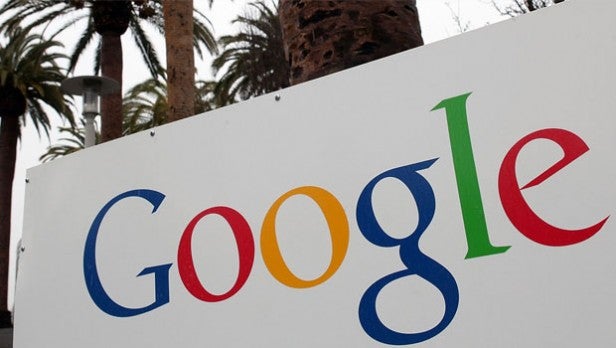The US government is mulling over a full on break up of Google along product lines in a bid to counter the company’s alleged monopolistic practices.
In the wake of a US court ruling back in August that Google was indeed an anti-competitive monopoly, the US Department of Justice (DoJ) has put forward some proposals to counter the search giant’s influence.
Contained within a new filing is the mention of potential “behavioral and structural remedies” that the DoJ might apply to prevent the company from using Chrome, Play, and Android to advantage Google Search.
The filing mentions that the dominant Chrome browser comes with Google search set to the default, which “significantly narrows the available channels of distribution and thus disincentivizes the emergence of new competition”.
It also points out that the Google Play Store is a “must-have on all Android devices”. We’ve all seen the effect that being cut off from the Play Store has and Google’s services has had on Huawei’s smartphone fortunes in recent years.
In effect, the DoJ’s mention of “structural” changes would mean breaking Google up between some the aforementioned core products, likely splitting off the likes of Chrome or Android.
Other proposals would involve blocking Google from paying for search engine priority on Apple’s iPhones, or forcing Google to contribute to educational initiatives to instruct users on the best search engine for them,
Needless to say, Google is not too happy with the severe proposals being made here. It issued a swiftly issued blog post titled ‘DOJ’s radical and sweeping proposals risk hurting consumers, businesses, and developers’.
Lee-Anne Mulholland, Google’s Vice President of Regulatory Affairs, claims that the DoJ’s proposals “go far beyond the specific legal issues in this case.”
She states that breaking off Chrome or Android from the rest of Google’s services would fundamentally break them. Meanwhile, forcing Google to share a user’s search queries could potentially risk their privacy and security.
The DoJ will propose more detailed proposals by November 20, while Google gets an extra month (til December 20) to put forward its own less stringent suggestions.





